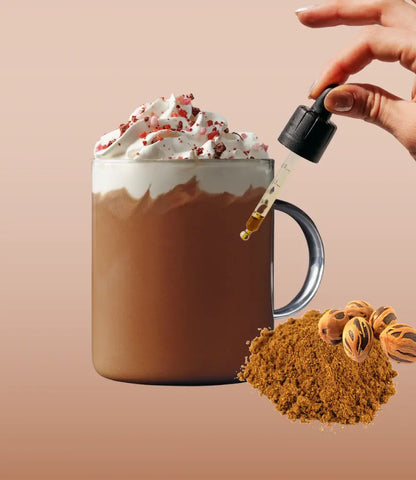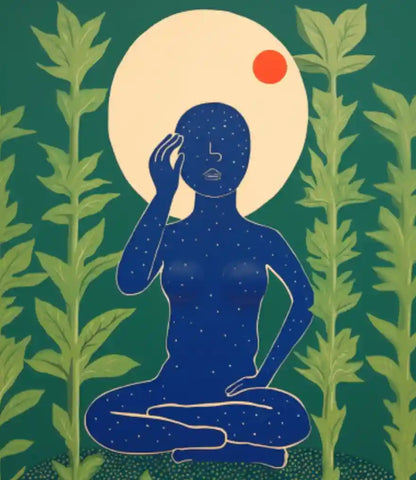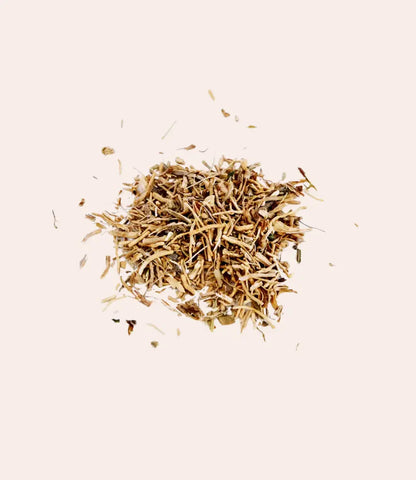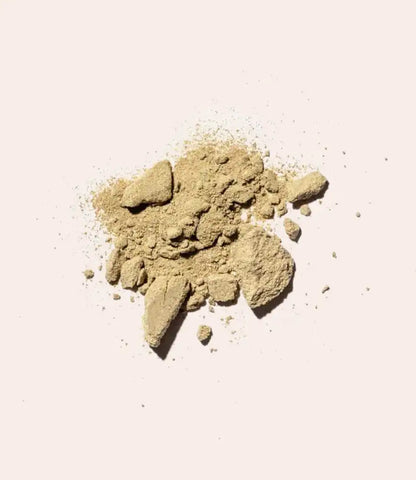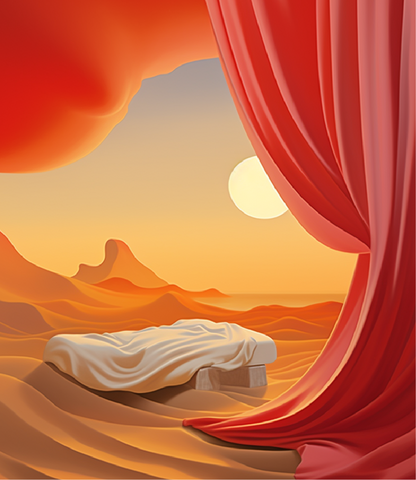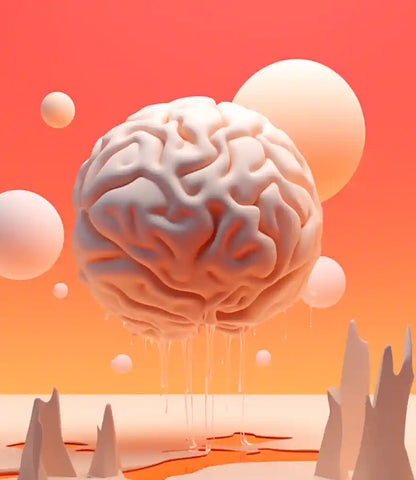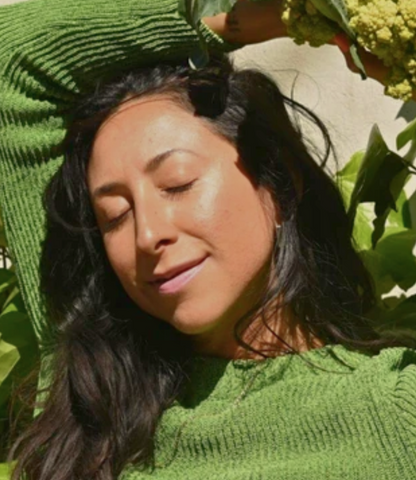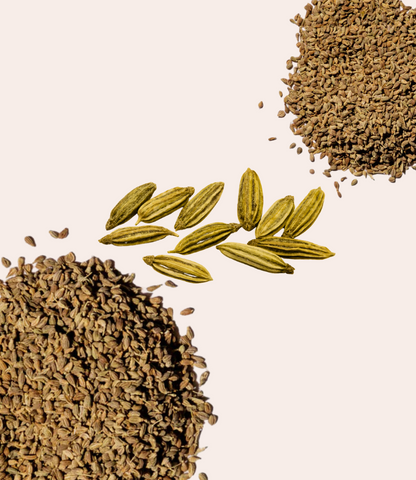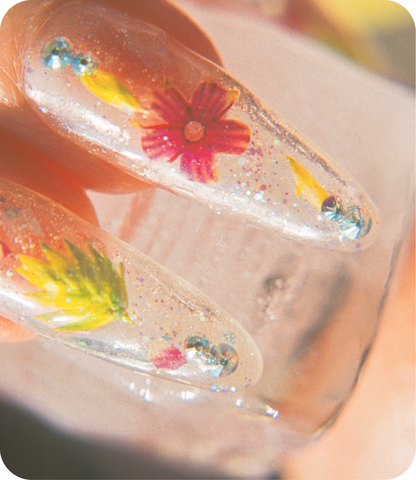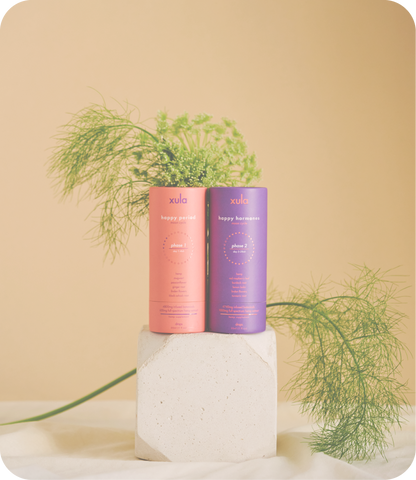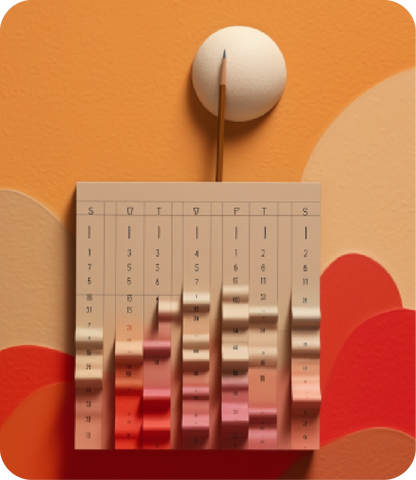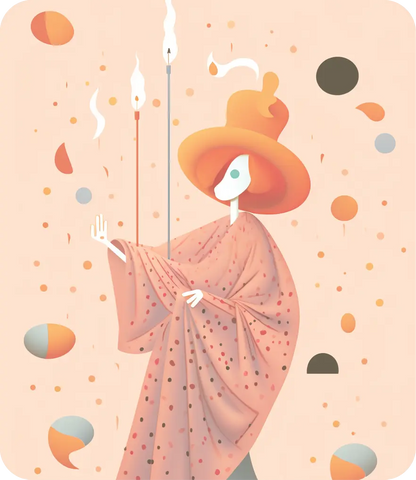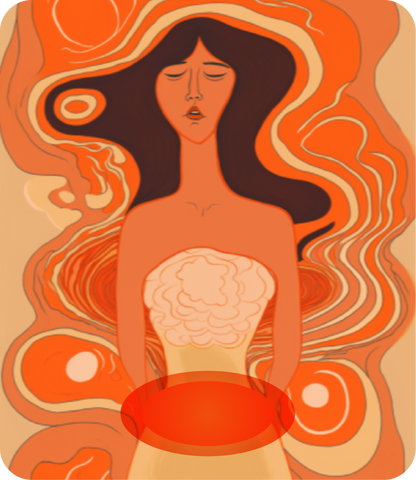Rituals to Optimize Sleep and Prevent Insomnia
Sleep is a fundamental and complex biological process, and its importance extends to both our physical and mental well-being.
Sleep helps us to restore and heal, during sleep, our bodies' tissues repair and grow, and the immune system strengthens. During the deep sleep stages, the brain processes and stores information, making it easier to recall and retain what we’ve learned and experienced during the day. Adequate sleep contributes to improved concentration, problem-solving abilities, and overall mental clarity. It is associated with a reduced risk of chronic health conditions, such as heart disease, diabetes, and obesity. Sleep also helps regulate hormones that control appetite and metabolism, which can influence weight management.
Sleep research tells us that our sleep cycle consists of two main stages that cycle multiple times during the night.
- Non-Rapid Eye Movement (NREM) Sleep:
- Stage 1: The transition from wakefulness to sleep. It is a light sleep stage lasting only a few minutes.
- Stage 2: Characterized by a slightly deeper sleep than Stage 1, and it accounts for the largest portion of sleep.
- Stage 3: Also known as Slow-Wave Sleep (SWS) or deep sleep. This stage is crucial for physical restoration and repair.
- Rapid Eye Movement (REM) Sleep:
- REM sleep is the stage where most vivid dreaming occurs. It plays a vital role in memory consolidation and emotional processing.
In today’s fast-paced and stress-filled world, a good night’s sleep can feel like a luxury. Insomnia is a common sleep disorder that can disrupt our lives, leaving us tired, irritable, and less productive during the day. The good news is that incorporating simple rituals that can promote relaxation, reduce stress, and set the stage for a restful slumber into our daily routines can significantly improve sleep quality and help prevent insomnia.
Related to: Everything You Need To Know About Insomnia
During the Morning
You might think that creating a routine that helps you sleep better would only be things you do right before you go to bed, but paying attention to what you do during the day will also help you get a good night's sleep. Here is where sun exposure and exercise come in.
One of the most important things you can do in the morning for a better night's sleep is to get exposure to natural light as this plays a crucial role in regulating the sleep-wake cycle, also known as the circadian rhythm.
Natural light serves as a powerful cue to your body's internal clock, signaling that it's daytime and time to be awake and alert. This helps suppress the production of melatonin, the hormone responsible for sleepiness, during the day.
By synchronizing your circadian rhythm with the external day-night cycle, morning light exposure promotes a consistent and healthy sleep pattern, making it easier to fall asleep at night and wake up refreshed in the morning.
Another thing you can do for yourself is to exercise for 10-20 minutes per day. Which, if weather permits, is ideal to do it while you are getting your morning sunlight in. Studies have indicated that engaging in regular physical activity, including morning exercise, can lead to longer and more restorative sleep. It can help individuals fall asleep faster, spend more time in deep sleep stages, and wake up feeling more refreshed. In addition, morning exercise expends energy and raises your body temperature. This increase in body temperature can promote a more significant drop in temperature later in the day, which is a natural signal to your body that it's time to wind down and prepare for sleep.
So if you can do anything for yourself when you wake up, for a better night’s sleep, it is to get in the habit of going out and getting natural light exposure for 15 minutes in the morning and if you can combine that with some physical exertion, even better. Keep in mind though that the effects are cumulative and the most important thing is to make a habit out of this. Going out to the sun one day or working out one day a week will not have the effects you are looking for as it takes a while to reprogram your circadian rhythm or change your bodies stress response system.
Midday and Afternoon
The key ritual for this time of the day is to pay attention to what you are consuming as this may have downstream effects on your sleep. This includes caffeinated drinks, alcohol, and nicotine.
One of the most common causes of sleep deprivation is caffeinated drinks, by avoiding caffeine after 2 pm you will reduce its effects on your sleep, and also not eating heavy meals two or three hours before going to bed, it can be harder to fall asleep if your body is still digesting a big dinner. Alcohol and nicotine consumption should be avoided 3-4 hours before bed as well since both have been proven to be sleep disruptors.
Before Bed
Set your room to be a peaceful and comfortable place for you to sleep in, your mind must have a strong connection with your bed and sleep time, for this, it’s important to take care of the light, temperature, and also the smell of your bedroom.
As said before, light is the key to regulating your circadian rhythm which is part of your internal clock that helps regulate sleep. When you want to sleep you want to make your room as dark as possible, this includes natural and artificial light.
If your room has a lot of natural light you might want to consider using blackout curtains to minimize the light that enters your room, as for artificial light we should consider stopping the use of electronic devices such as TV, tablets, and phones to help regulate our circadian rhythm and have an amazing night’s sleep.
As for sound, usually, external noise could cause you to wake up or not be able to relax before bed, if it is out of your control using a white noise machine could help you lower it, you could also use speakers at a low volume with soothing music to help you unwind and start relaxing before bedtime.
The temperature of your room plays an important role in your sleep, having a very hot or very cold environment will make you wake up at night, try to set your room temperature between 60 to 71 degrees Fahrenheit (15.6 to 22.0 degrees Celsius) that’s the recommended setting to have a good night sleep, but remember it has to be comfortable for you.
Supplements
When we talk about looking to have a good night's sleep, many people consider using some supplements as a potential solution to combat insomnia. While lifestyle changes are often the first line of defense against sleeping disorders, supplements can play a supportive role in improving sleep quality.
The most commonly used supplements to help prevent insomnia are magnesium, melatonin, and CBD.
Magnesium: This mineral is beneficial for sleep due to its muscle relaxation properties, nervous system regulation, and role in GABA and melatonin production. It acts as a natural muscle relaxant, reducing tension that can hinder sleep, and helps balance the nervous system, promoting relaxation. Additionally, magnesium aids in the production of GABA, a calming neurotransmitter, and influences melatonin production, which regulates sleep-wake cycles. By reducing stress and improving sleep quality, magnesium can contribute to better sleep. Incorporating magnesium-rich foods into your diet, such as leafy greens, nuts, seeds, and whole grains, can be a natural way to increase your magnesium intake.
Melatonin: It is a hormone naturally produced by the pineal gland in the brain, and it plays a crucial role in regulating the sleep-wake cycle. Melatonin supplements are commonly used to help with sleep difficulties, especially for those with jet lag or shift work sleep disorder. It can be effective for short-term use in resetting disrupted sleep patterns or addressing temporary sleep issues. However, using melatonin as a long-term sleep aid is generally discouraged due to several reasons. First, the body can develop a tolerance to melatonin over time, requiring higher doses for the same effect. Second, its long-term safety and potential side effects are not well-studied, especially in children, pregnant individuals, or those with certain medical conditions. Lastly, melatonin should not replace healthy sleep hygiene practices, such as maintaining a consistent sleep schedule and managing stress.
Related to: Rituals To Enhance Your Melatonin Production
CBD: This cannabinoid has garnered attention for its potential to facilitate better sleep by addressing anxiety and stress, two common barriers to restful sleep. CBD interacts with receptors in the brain and nervous system, notably the serotonin receptors, which play a key role in regulating mood and emotions. Additionally, CBD influences the body's stress response by potentially lowering cortisol levels, the hormone associated with stress. Elevated cortisol levels in the evening can disrupt the body's ability to transition smoothly into sleep. In this way, by calming the nervous system and potentially regulating the body's stress response, CBD can create a sense of relaxation, making it easier to fall asleep and maintain a more balanced sleep-wake cycle.
Xula’s Lights Out is a herbal sleep support that combines six well-known sleep-inducing botanicals such as chamomile, and valerian as well as a combination of CBD with CBN. The synergistic effects of these various compounds will help calm your nervous system and help optimize the effects of implementing a solid ritual.
The Optimum Ritual at a Glance
In this way, the daily ritual of someone aiming to prevent insomnia or just generally get a better nights’ rest can be comprised of the following checklist:
- Wake up and go outside for 15 minutes every morning.
- Bonus: Get quick work-out during morning sun exposure or after.
- Cut off any caffeine by 2pm
- Avoid alcohol and nicotine after 6pm.
- Dim lights at home and try wearing blue light blocking glasses by 8pm.
- Take magnesium + xula’s lights out formula 45mins before bedtime.
Sources:
(n.d.). How to Design the Ideal Bedroom for Sleep. National Sleep Foundation. https://www.sleepfoundation.org/bedroom-environment/how-to-design-the-ideal-bedroom-for-sleep
(n.d.). 20 Tips for How to Sleep Better. National Sleep Foundation. https://www.sleepfoundation.org/sleep-hygiene/healthy-sleep-tips
(n.d.). Does Magnesium Help You Sleep? Cleveland Clinic. https://health.clevelandclinic.org/does-magnesium-help-you-sleep/
(n.d.). Melatonin. Mayo Clinic. https://www.mayoclinic.org/drugs-supplements-melatonin/art-20363071#:~:text=Your%20body%20likely%20produces%20enough,and%20provide%20some%20insomnia%20relief.














